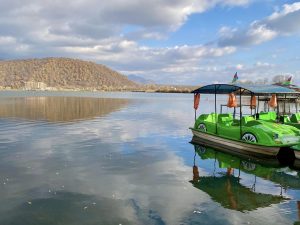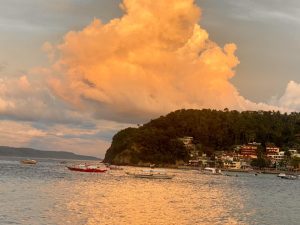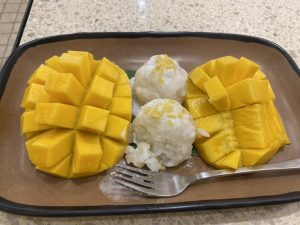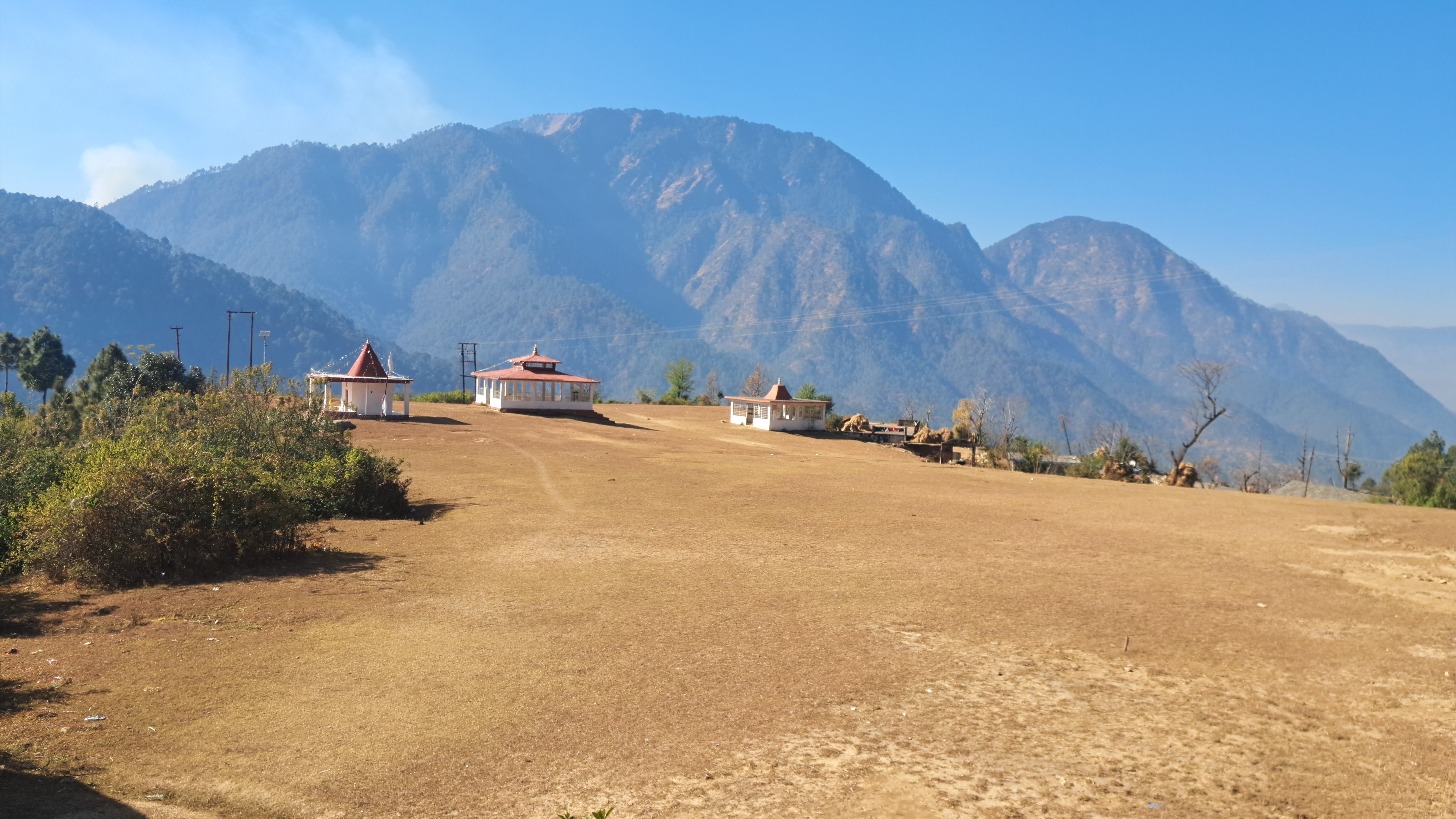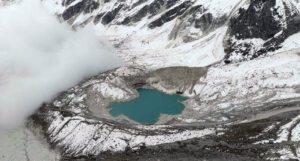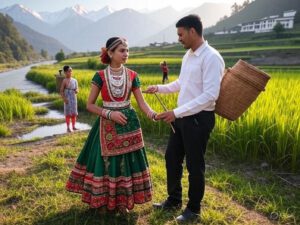Capital Kupang
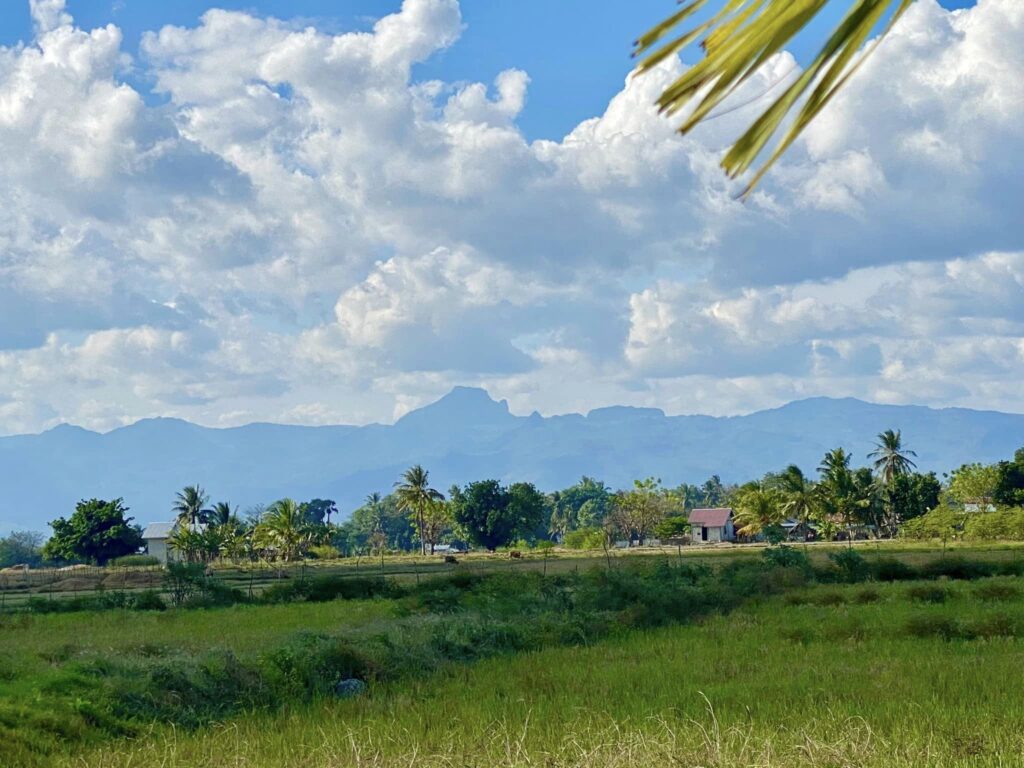
Aditi Ghosh
The island of Timor is surrounded by clear emerald blue ocean and golden sand beaches. Its panoramic view of rolling hills, clear blue sky, lush green forest and paddy fields can take your breath away. The island is shared between two countries – Indonesia ( West Timor) and Timor Leste (East Timor). West Timor with its capital at Kupang was earlier a Dutch colony. The majority of its population are Christians, many Dutch words are still in use like straat ( street). Also, there is an influence on food – contrary to other parts of Indonesia, pork is famous, delicious and relised here.

East Timor, on the other hand, remained under the colonial possession of Portugal for over 500 years till 1975. Then under Indonesian sovereignty, it became the youngest province of Indonesia and after a long conflict, was recognized as an independent nation in 2002. Portuguese is still one of their official languages.
A road from Kupang connects the western tip of Timor with the eastern part. On your journey from the west towards the east, you can still witness the broken houses which hosted IDPs during the conflict, the presence of the Indonesian army which is closing its base and so many stories of the conflict era. I felt like travelling back in time. One of my colleagues shared how as an enthusiastic teenager she volunteered to go to East Timor during the crisis without a clear understanding of the ground reality and her story of survival. A person like me, who spent most of my professional life in a crisis setting, can easily relate to her story.

Glad that all are history now- people on this island are busy making ends meet. I was touched by the warmth of these people – for them when you visit their village and have food with them, you become their family. Isn’t it wonderful? And the love and hugs I received from the children will remain with me forever. When our goodbye ritual continued for over half an hour, my colleague said, it is so surprising that these children do not want to leave you. I responded I do not want to leave them either. The children, among many things, taught me how to say I love you from my heart and mind in their local language with expressions. What I was actually trying to learn from them – was how to love unconditionally. Age, language, religion, culture or nationality were no barriers for them to touch hearts.
The writer is a global traveller

